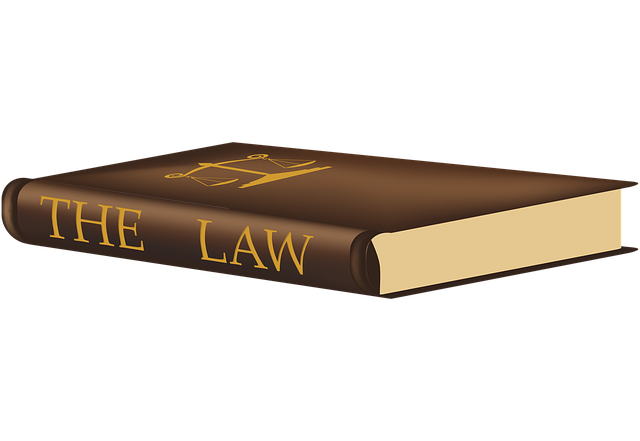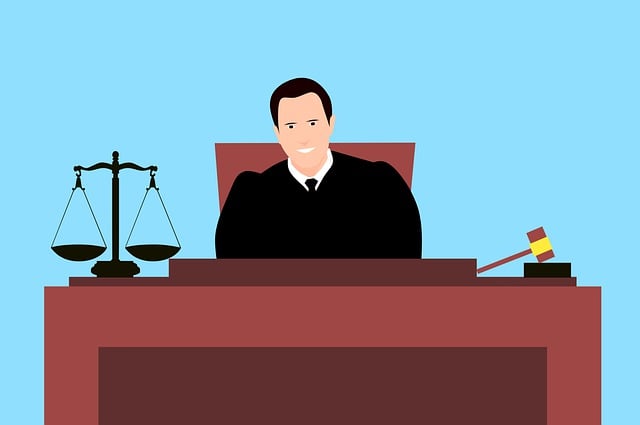Establishing a strong personal injury claim hinges on gathering comprehensive evidence, including detailed medical records, witness statements, and expert opinions. This crucial trio aids in proving liability, causation, and damages, with medical records detailing the patient's journey from initial treatment to rehabilitation, witness statements corroborating the incident, and experts establishing diagnosis and treatment necessity. Navigating legal complexities requires skilled attorneys familiar with regulatory frameworks, who can manage intricate procedural aspects while ensuring accurate documentation within statutes of limitations. This expert guidance ensures just outcomes, deters negligence, and maintains client privacy.
In the complex landscape of healthcare, navigating legal issues surrounding personal injury claims is paramount. This article delves into the intricate details of pursuing justice, focusing on key aspects such as understanding personal injury claims from a legal perspective, and the crucial role of evidence in proving liability. We explore best practices for documenting medical records, gathering witness testimonies, and adhering to legal requirements to submit a successful claim, emphasizing the essential evidence needed for a personal injury claim.
- Understanding Personal Injury Claims: A Legal Perspective
- The Role of Evidence in Proving Liability
- Documenting Medical Records and Treatment History
- Gathering Witness Testimonies and Statements
- Legal Requirements for Submitting a Successful Claim
Understanding Personal Injury Claims: A Legal Perspective
Personal injury claims are a significant aspect of healthcare legal issues, often involving complex scenarios and requiring a thorough understanding of the law. When an individual suffers harm due to another party’s negligence or intentional acts, they may have grounds for legal action. From a legal perspective, these cases hinge on establishing liability and proving that the defendant’s actions were the direct cause of the plaintiff’s injuries.
To succeed in a personal injury claim, a robust body of evidence is essential. This includes medical records detailing the extent of the injuries, witness statements corroborating the incident, and expert opinions to support the case. The process involves navigating legal procedures, understanding statutes of limitations, and presenting a compelling argument. An unprecedented track record of successful outcomes can be a key factor in ensuring just compensation for corporate and individual clients alike, while also serving as a deterrent for potential negligence. Avoiding indictment is a crucial aspect, especially when dealing with sensitive healthcare matters, requiring skilled legal representation to navigate these complex issues effectively.
The Role of Evidence in Proving Liability
In personal injury claims, the role of evidence is paramount in proving liability. To win a case and secure compensation, plaintiffs must present compelling evidence that demonstrates the defendant’s negligence or intentional acts caused the harm suffered. This can include medical records detailing the extent of injuries, witness testimonies recounting the incident, and expert opinions validating the diagnosis and treatment. The court relies on this evidence to render a verdict, either granting a complete dismissal of all charges or awarding damages based on the strength of the presented case.
The complexity of certain cases, especially those involving white-collar defense strategies, underscores the need for thorough investigation and robust evidence collection. Winning challenging defense verdicts often hinges on meticulous documentation, careful analysis, and refuting opposing arguments with equally compelling proof. Therefore, understanding what evidence is needed for a personal injury claim is crucial in navigating the legal process towards a favorable outcome.
Documenting Medical Records and Treatment History
In personal injury claims, documenting medical records and treatment history is paramount as it serves as critical evidence needed to substantiate injuries and damages. Comprehensive and accurate documentation ensures that the patient’s journey across the country, from initial treatment to ongoing rehabilitation, is meticulously recorded. Medical records provide a detailed tapestry of symptoms, diagnoses, procedures, and responses to treatments, which are essential for establishing causation between the injury and subsequent medical expenses.
These records also play a pivotal role in navigating legal complexities, especially when dealing with general criminal defense cases where prior treatment histories might be scrutinized. Philanthropic and political communities increasingly recognize the importance of well-documented medical evidence in ensuring fairness and transparency across legal disputes, from personal injury claims to more specialized legal scenarios.
Gathering Witness Testimonies and Statements
Gathering witness testimonies is a crucial step in any personal injury claim. In order to build a strong case, legal professionals need to collect detailed statements from individuals who have firsthand knowledge of the incident. This evidence is critical for corroborating the victim’s account and establishing liability on the part of the responsible party or parties.
When gathering these testimonies, it’s essential to consider both corporate and individual clients, depending on the nature of the case. The goal is to secure affidavits that provide a complete and accurate narrative of the events leading up to, during, and immediately following the injury. This evidence needed for a personal injury claim must be meticulously documented to prevent a respective business from achieving a complete dismissal of all charges.
Legal Requirements for Submitting a Successful Claim
Submitting a successful healthcare-related claim involves adhering to stringent legal requirements and gathering compelling evidence. The process demands a thorough understanding of applicable laws and regulations, as well as a clear narrative outlining the sequence of events leading up to the injury or adverse outcome. In personal injury claims, for instance, individuals must provide evidence that establishes liability, causation, and damages. This typically includes medical records detailing diagnoses and treatments, witness statements corroborating the incident, and expert opinions to support the claim’s validity.
Given the complexity of healthcare legal issues, particularly in high-stakes cases such as white-collar and economic crimes, having an unprecedented track record in navigating these challenges is invaluable. Attorneys specializing in this field must possess deep knowledge of regulatory frameworks, be adept at interpreting medical evidence, and have a proven ability to advocate for clients’ rights. They should also be equipped to handle the intricate procedural aspects involved in submitting claims, ensuring all necessary documentation is prepared accurately and within the prescribed timeframes.
Navigating healthcare legal issues requires a comprehensive understanding of the evidence needed for a personal injury claim. From documenting medical records and gathering witness testimonies to adhering to legal requirements, each step is crucial in proving liability and ensuring a successful outcome. By utilizing these strategies, individuals can secure justice and receive the compensation they deserve for their injuries.






